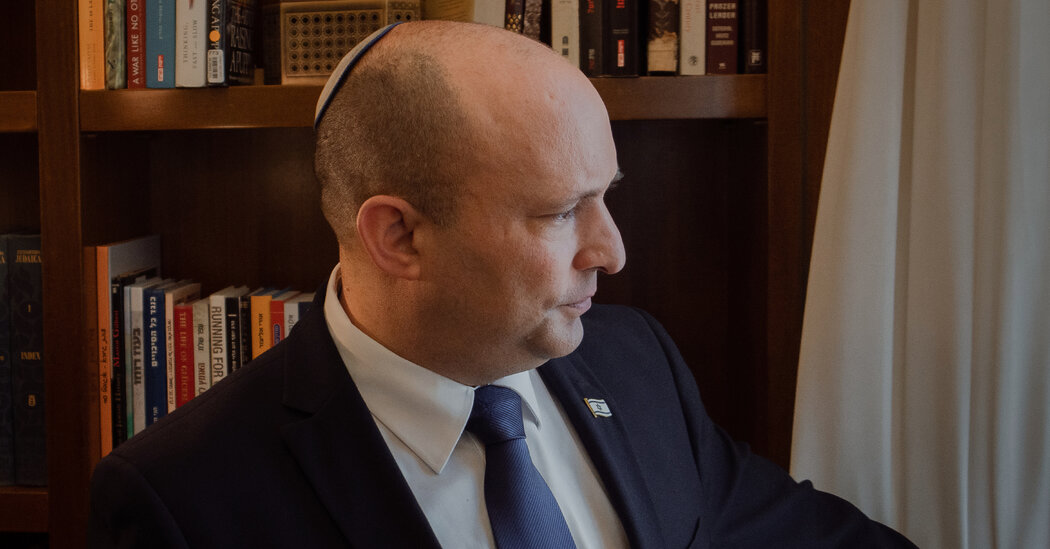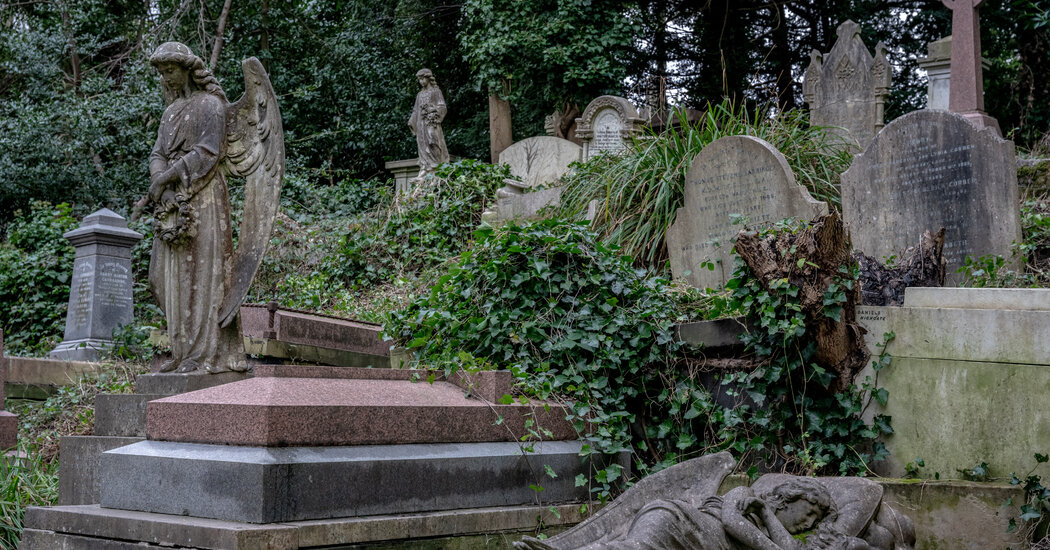
In a sign of the urgency of the mission, Mr. Bennett, an observant Jew, left Israel on Saturday morning, during the Sabbath, breaking the religious injunction against travel. According to Jewish religious law, the sanctity of the Sabbath is overridden by the principle of preserving human life.
Mr. Bennett was accompanied by Zeev Elkin, the Israeli housing minister, who assisted with translation, according to the Israeli prime minister’s office. Mr. Elkin frequently acted in a similar capacity over the past decade in meetings between Mr. Bennett’s predecessor, Benjamin Netanyahu, and Mr. Putin.
Mr. Elkin, who is also an observant Jew, was born in Kharkiv, Ukraine, in 1971, when it was part of the Soviet Union, and emigrated to Israel in 1990. Mr. Elkin has a brother still living with his family in Kharkiv, where Russian and Ukrainian forces have been fighting for control.
The Israeli delegation also included the prime minister’s national security adviser, Eyal Hulata, his diplomatic adviser, Shimrit Meir, and his spokesman, Matan Sidi.
Mr. Bennett had come in for criticism in recent days, including from Mr. Zelensky, for not siding more stridently with Ukraine and for refraining from supplying it with any military equipment.
Israeli officials said that Israel had to maintain good relations with Russia in order to be able to continue Israel’s military campaign against Iranian and Hezbollah entrenchment in Syria, where Russia maintains a significant presence.
They said Israel was also concerned about the large Jewish communities in both Russia and Ukraine. After Saturday’s meeting at the Kremlin, Mr. Bennett’s office said he had also spoken with Mr. Putin about the situation of Israelis and Jewish communities as a result of the conflict in Ukraine.




